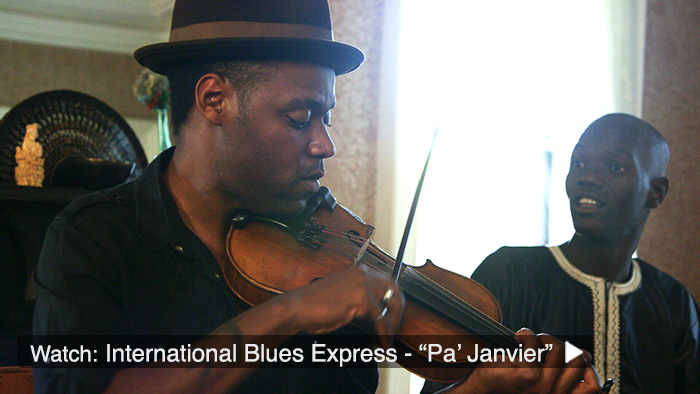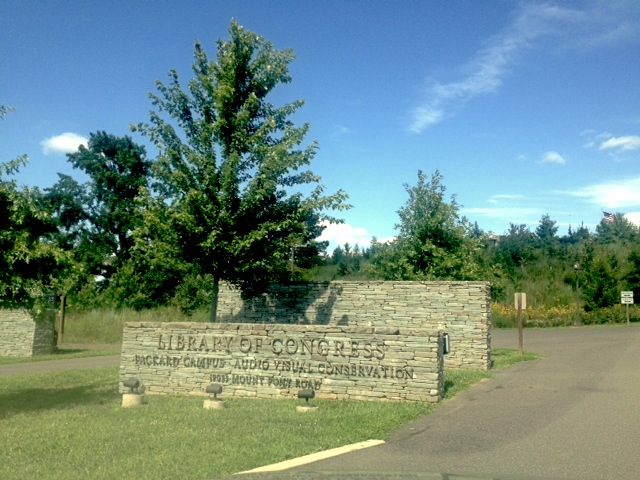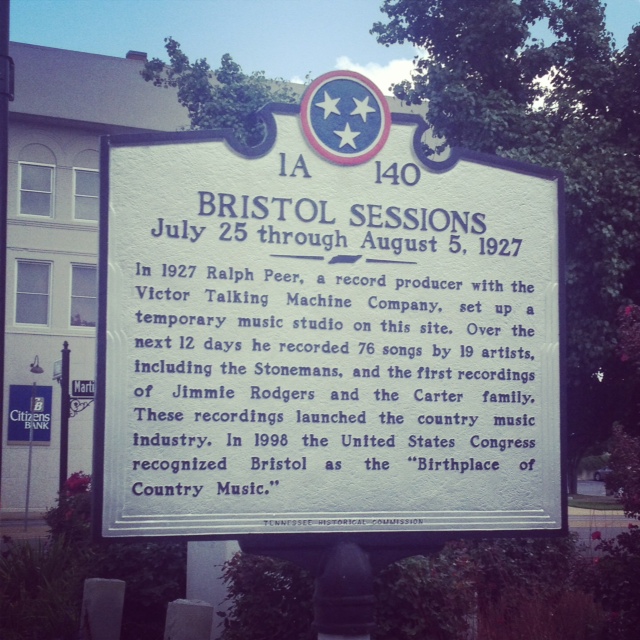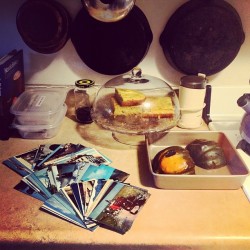The Library of Congress to screen The 78 Project Movie, and a new acetate from Louis Michot, Corey Ledet & Ashlee Michot
The Library of Congress will host a screening of The 78 Project Movie and live recording event as part of its Botkin Lecture Series.
On September 5th a great dream of ours will come true as we screen The 78 Project Movie and cut a record live at the Library of Congress. Over the two years since we began working on the film, we’ve had the privilege to visit the Library’s American Folklife Center in Washington, DC and its Packard Campus for Audio-Visual Conservation in Culpeper, VA, where we were shown Alan Lomax’s Presto, his correspondence and actual acetate recordings, and given a glimpse into the work the truly amazing folks at the Library do to preserve America’s musical treasures. We’re honored to be able to return to the Library’s historic halls to present our film and to use our Presto to record a 78.
The 78 Project: Documenting Historic Sound in the Contemporary World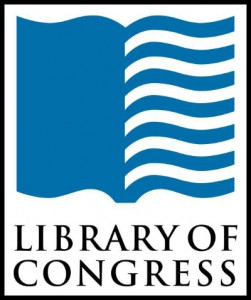 Botkin Lecture & Screening of The 78 Project Movie
Botkin Lecture & Screening of The 78 Project Movie
The Library of Congress
Friday, September 5th 2:00 – 4:30pm
Mumford Room, 6th Floor, James Madison Building
Independence Avenue, between 1st and 2nd Streets Washington, DC
Louis Michot told us that what he loved about French music was that everyone playing was driving the same rhythm and the same melody together at the same time. A community of song. We had driven to the Michot family home in Arnaudville, LA 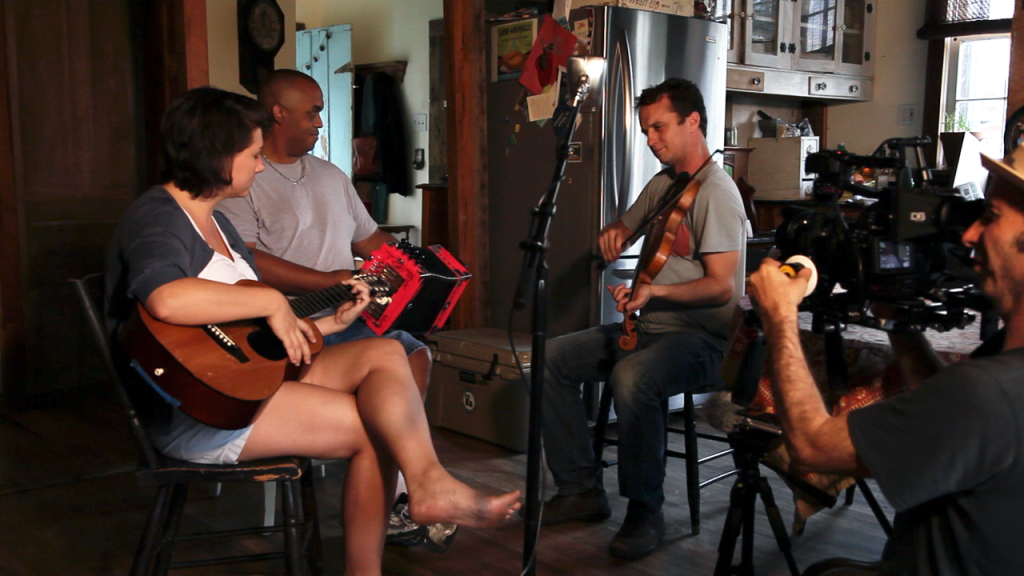 last August, and in the course of a hot and happy afternoon, recorded Louis with his wife Ashlee and their friend and musical collaborator Corey Ledet for The 78 Project Movie. The trio cut a 78 of the traditional Cajun dance-ending song “’Trape mon chapeau,” fiddle, accordion and guitar working together the whole way through to forge a powerful, cohesive feeling into the song. Compelling imaginary dancers to crowd together on the floor and enjoy the last joyful moments of the party.
last August, and in the course of a hot and happy afternoon, recorded Louis with his wife Ashlee and their friend and musical collaborator Corey Ledet for The 78 Project Movie. The trio cut a 78 of the traditional Cajun dance-ending song “’Trape mon chapeau,” fiddle, accordion and guitar working together the whole way through to forge a powerful, cohesive feeling into the song. Compelling imaginary dancers to crowd together on the floor and enjoy the last joyful moments of the party.

